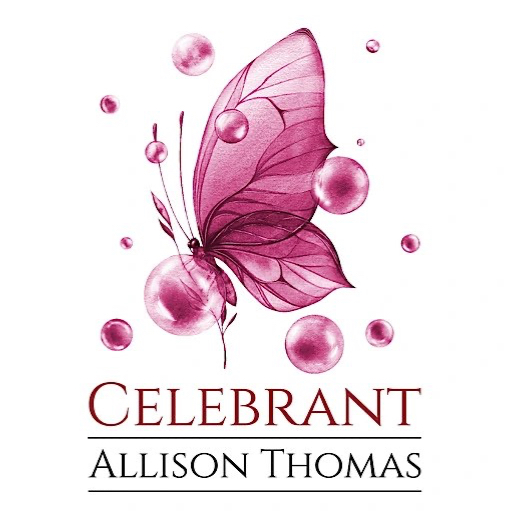There will be plenty of additions to this information stream over time so why not sign up for updates as they happen?
-

Memorials are typically held after an initial, often smaller funeral, or a direct cremation. Held some time after the cremation or burial, a memorial ceremony can be planned over a longer time period so there is often more time to consider personalised aspects for the ceremony or a greater level of contribution from others. A…
-

A remembrance ceremony may take place quite some time after death and the initial farewell ceremony. It is often used to mark an anniversary, for example 10 years, or what would have been a milestone, such as a 21st birthday. The benefit of a remembrance ceremony is that it can be entirely tailored to the…
-

Direct cremation (or unattended cremation as it is more formally known) is where a person is cremated without a funeral ceremony thing place at the same time or location. So, the deceased is brought directly to the crematorium and a service is not held in the chapel. There are some benefits to this option; the…
-

A Celebration of Life is simply a different ‘type’ of funeral. Funerals are traditionally thought of as relatively formal but, in fact, a funeral can be whatever you would like it to be. You could call it a ‘celebration of life’ and still have elements of formality, or you could call it a ‘funeral’ and…
-

A independent celebrant is qualified to officiate formal ceremonies, such as weddings, funerals, or namings, and create ceremonies that are as individual as the people themselves. So, they’re like a vicar or priest then? No. They don’t conduct religious ceremonies “in the name of God”. So, they’re like a Humanist then? No. Humanists don’t include…

